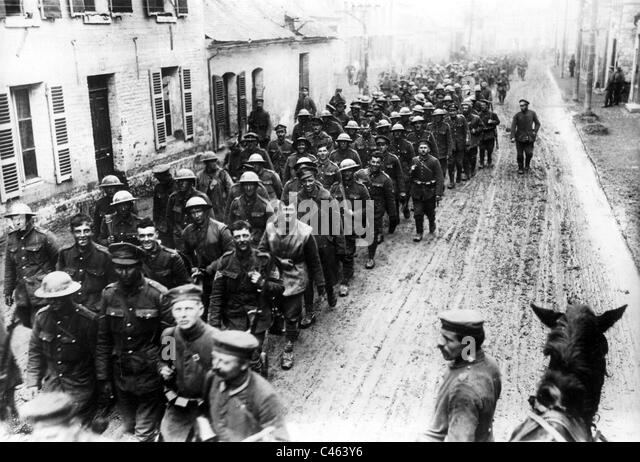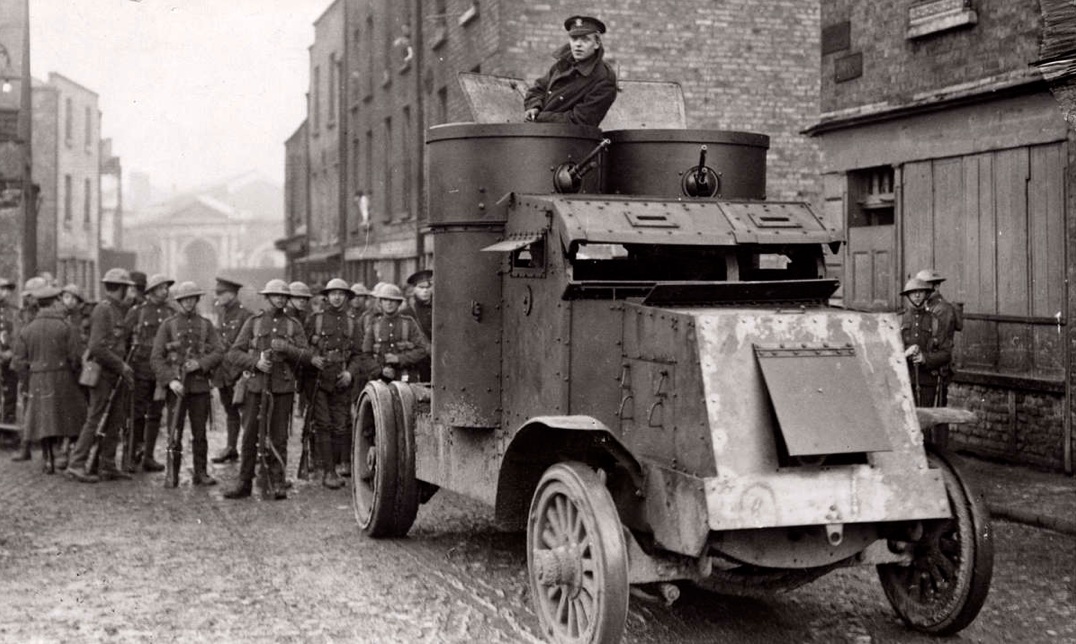4. Irish troubles, international meddling.
The Irish War, that lasted from 1920 to 1922, was an embroilled affair that goes beyond the scope of the present study, so this chapter will cover just the aspects that had a direct influence on British politics and not in the long and bloody campaigns that created what was later called "the Irish War". In one moment, there were five armies on the field and tey kept busy themselves fighting against each other. On the Loyalist side, there was the British army plus the various Loyalists militias, that sometimes carried out a war of its own in spite of the orders comming form London. On the Rebel side, there were the Irish Republican Army of Collins and De Valera; then the "German branch" of the IRA led by Casement and John Kenny, which was never nothing but a tool used by Berlin to trouble the already troubled British government; finally, the Irish Socialist Republican Army (ISRA) led by James Conolly and supported with very much troubles by the new French State, the Commune de France.
By 1921 it was clear to almost everybody but London that Britain had lost the control of Ireland. Most of the countryside was in the hands of the rebels, and it became the scenario of the open war between the IRA of De Valera and the one of Casement against the Syndicalist supported ISRA of Conolly. By the end of that year, two thirds of the Irish counties were lost and Lloyd George asked to Washington to mediate between the two warrying sides. It was a big mistake, as the then president of the United States, James M. Cox, was in no position to be of any help. Rising to the White House thought the growing discontent among the electorate over the interminable recession that had engulfed the nation after the end of the war and the rising star of Germany began to be a serious competitor the the US trade, President Cox's administration quickly proved a disappointment and turned his back to Britain.
However, Germany rose to the opportunity, and using a mixture of diplomacy and military threat, Berlin offered a solution to the current situation, a pleibiscite to decide the fate of the island. Pressed with the German threat of reinstate the submarine blockade against Britian unless peace talks began at once, Lloyd George accepted the pleibiscite option and so did De Valera and Casement. The result of the process was never in question in the areas dominated by the IRAs, while Conolly, that in the beginning refused the whole idea as a "capitalist trap", finally accepted it. However, by then the ISRA had been almost wiped out of the battlefield after the bloody battles of late 1920 and the lack of a continued French support, so Conolly's opinions carried little weight.
The pleibiscite was hardly a pacific solution, as both sides kept fighting each other, with the Loyalists militias, headed by the infamous Black and Tans, raiding the rebel areas and then carrying out a cleansing of the Loyalist counties by forcing the Catholic inhabitats of those areas to flee, which led to the popular uprising of April 1921 in Belfast and surrounding areas backed by the IRA. The Loyalist militias rushed to meet this uprising, and fighting on a large scale took place in the late spring and early summer of 1921. During this mad period, the German navy send a small detachement to Ireland and landed a marine force with the declared aim of "protecting German and other Foreign citizens and propierties" in Belfast. In fact, what they did was to help to increase the havoc, and London soon complained to Berlin that the German soldiers were prone to favor the insurrection by refusing to put down their violent activities or restore order.
In the end, the pleibiscite turned to be a dissapointment for De Valera and Casement and a relief to Lloyd Goerge that soon he came to regret. All of Ireland but for the northern counties of Ulster voted for independece, but the strong Unionist minority in the north refused plainly to do so. Thus, the war last until the end of the year, as the IRA pressed its actions against the bulwark of British unionism in the north, but to no avail. The Treaty Peace of 1922 created the Repubic of Ireland, but without the Ulster, that remained with the United Kingdom, and opened the way for the internal bickering among the Irish nationalist leaders and the usual mutual accusations of treason that would plague the new state for the next decade.
Similar charges were thrown in Britain, not only against Lloyd George, for his perceived "treason", but also against King George V, who, all of the sudden, discovered that he had too many German blood in his veins, according at least to some disgruntled Britons.




/battle-of-mons-56a61b225f9b58b7d0dff07c.jpg)